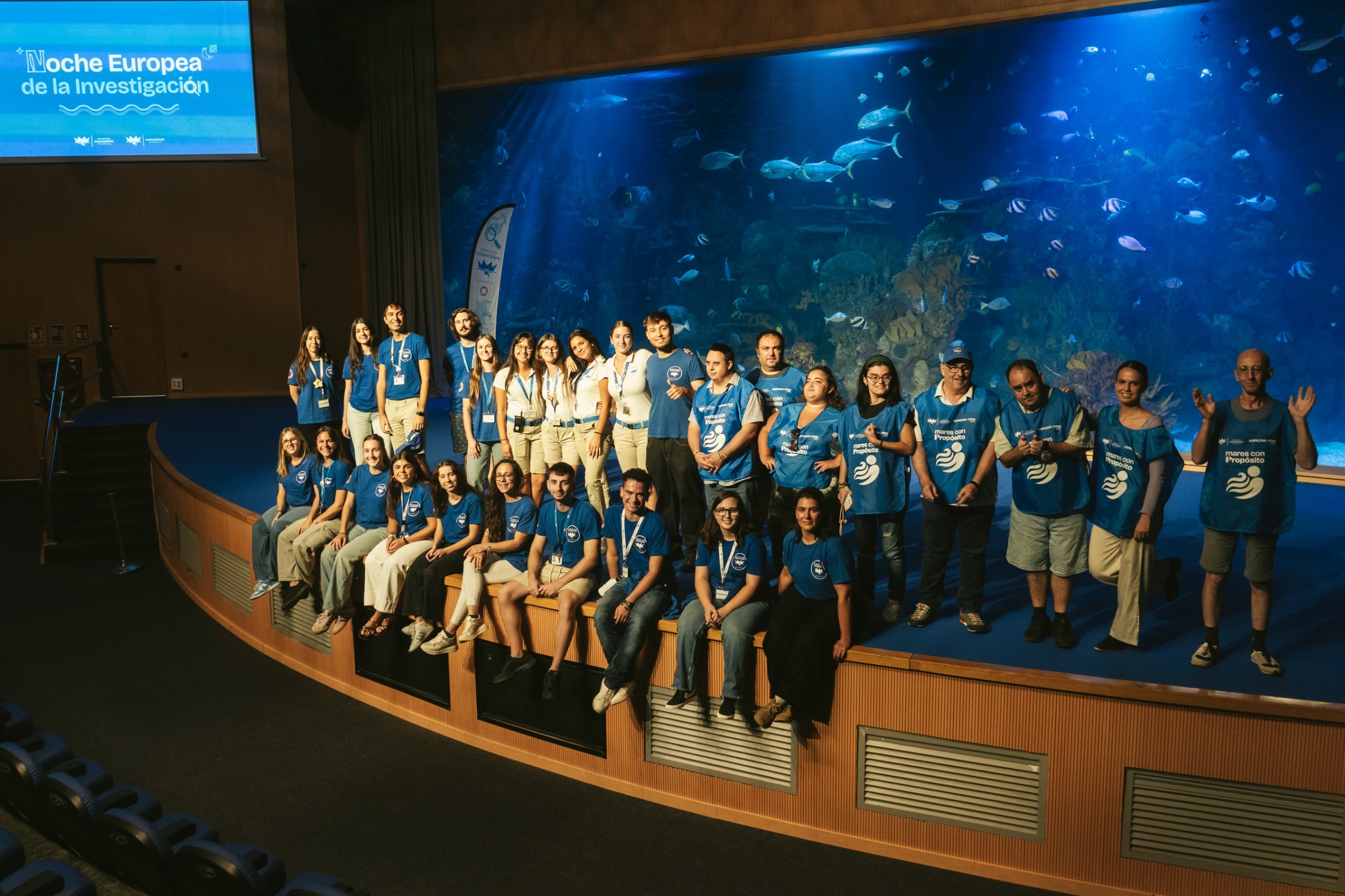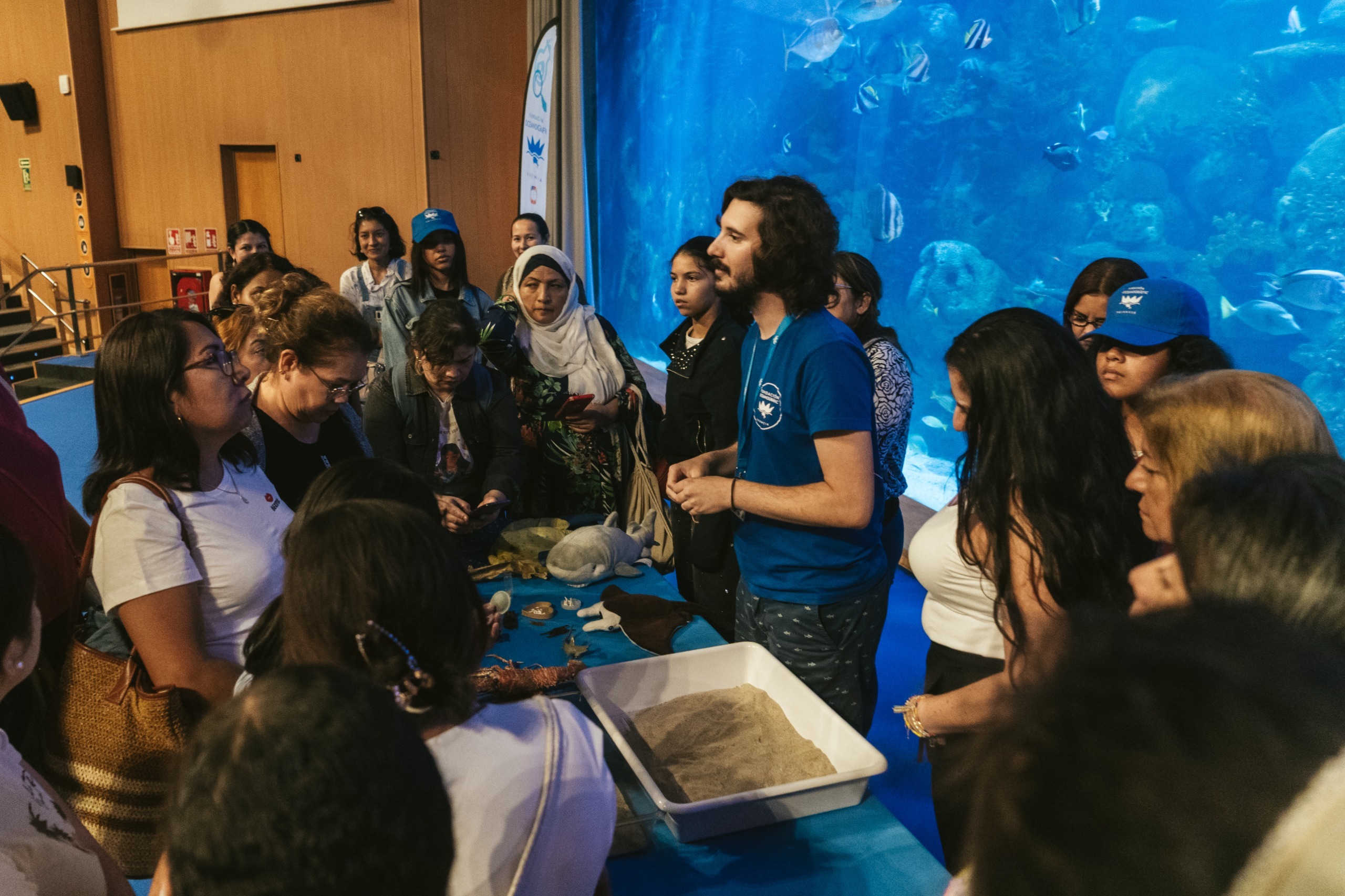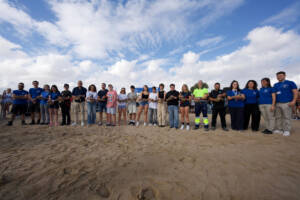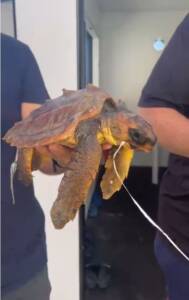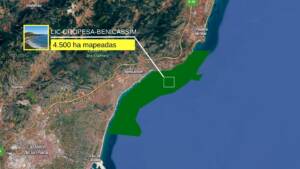The Oceanogràfic Organizes Inclusive Scientific Workshops at the European Researchers’ Night
26 de September de 2025
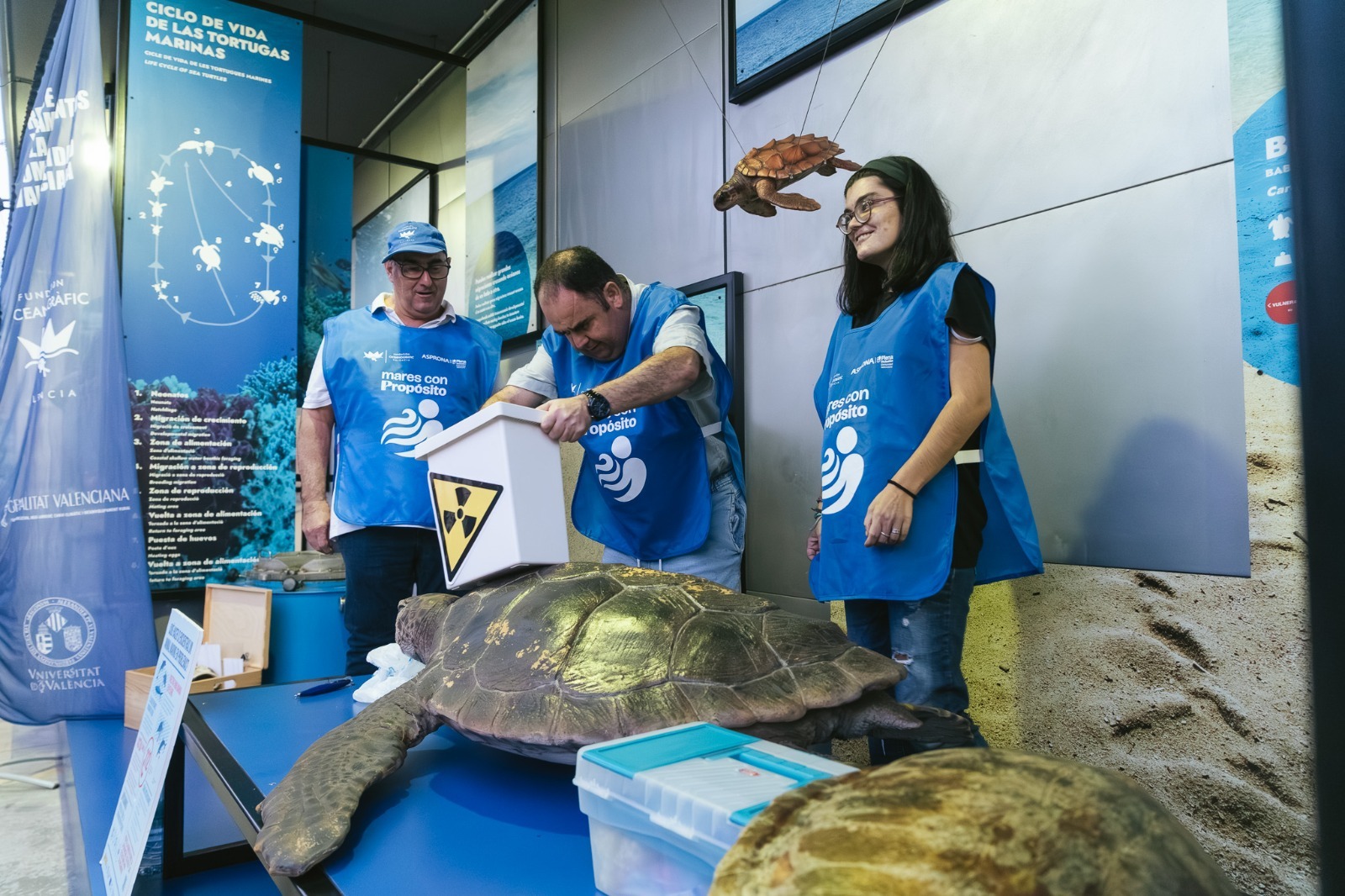
The “Seas of Science in Your Hands” initiative sought to bring science closer to the most vulnerable groups through projects with belugas, turtles, and sharks of the Oceanogràfic Foundation
Every year, on the last Friday of September, European cities simultaneously celebrate the European Researchers’ Night, an event promoted by the European Commission that seeks to build bridges between science and society.
The day transforms squares, museums, educational centers, and cultural spaces into settings where researchers share their projects and discoveries with the public.
In Spain, dozens of institutions join this initiative. In the case of Valencia, the Oceanogràfic Foundation decided to take a further step this 2025 with a proposal that united scientific dissemination and social inclusion under the slogan “Seas of Science in Your Hands.”
In this sense, the Oceanogràfic wanted to bring scientific advances in marine matters closer to society and opened its doors in a special way to vulnerable groups, from associations of people with intellectual disabilities to entities at risk of social exclusion.
A journey among turtles, belugas, and sharks
Last Friday’s tour began in the Mar Rojo (Red Sea) Auditorium, where participants were able to attend the 4D screening that introduced the challenges of marine conservation.
From there, divided into groups and accompanied by educators, researchers, and volunteers, they embarked on a route through different areas of the Oceanogràfic.
Outside the ARCA del Mar (Sea ARK), the Animal Recovery and Conservation Area, the “Veterinarian for a Day” workshop took place. There, attendees were able to put themselves in the shoes of a rescue team by simulating care for stranded sea turtles.
With real X-rays in their hands, they observed the effects of threats such as plastics or hooks and learned about projects such as Head Starting, which helps the survival of loggerhead turtle hatchlings.
Members of the ASPRONA association led this activity and, after a prior training process, acted as disseminators for the first time.
The experience allowed them to offer visitors the opportunity to learn from another perspective.
The next stop took the groups to the Arctic, in front of the beluga habitat, where the “Behavior Detectives” workshop was held. There, led by researcher Maëlina Gómez of the Oceanogràfic Foundation, participants learned to differentiate cetacean species and understood the importance of echolocation in their survival.
With stopwatches and notebooks, they recorded the belugas’ behavior patterns as if they were real field scientists. The exercise also allowed them to reflect on the impact of underwater noise on the lives of marine mammals.
The itinerary ended again in the Mar Rojo (Red Sea) with the activity “Who Eats Whom?”, a participatory proposal that introduced attendees to the marine food web.
Through practices, they understood the role of sharks, rays, and mantas in the balance of marine ecosystems. They also experienced how electroreception works – the “sixth sense” of sharks – and verified how marine pollution can interfere in this vital process for survival.
A model of scientific inclusion
The day served to bring science closer to groups that are usually far from it, and it did so through a participatory and inclusive model.
The collaboration with ASPRONA, which allowed people with intellectual disabilities to assume the role of disseminators, was a further step in the Mares con Propósito (Seas with Purpose) project, developed by the Oceanogràfic Foundation.
Educational and environmental impact
About 75 people participated in this edition of “Seas of Science in Your Hands.” For many, it was the first time they had approached the world of scientific research in a direct and practical way.
The experience had an effect in terms of enjoyment and motivation, and also seeks to encourage curiosity, awaken scientific vocations, and reinforce environmental awareness.

